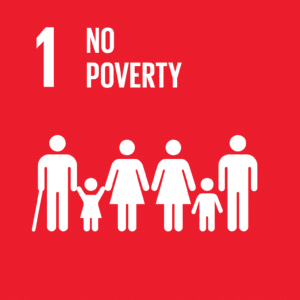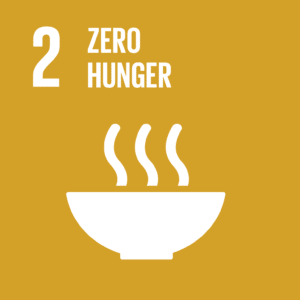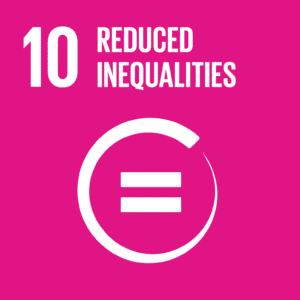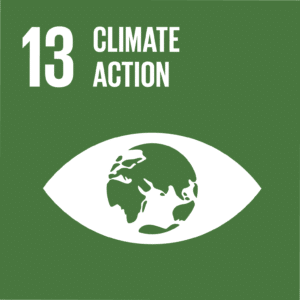Sustainable Rice Platform (SRP) standard
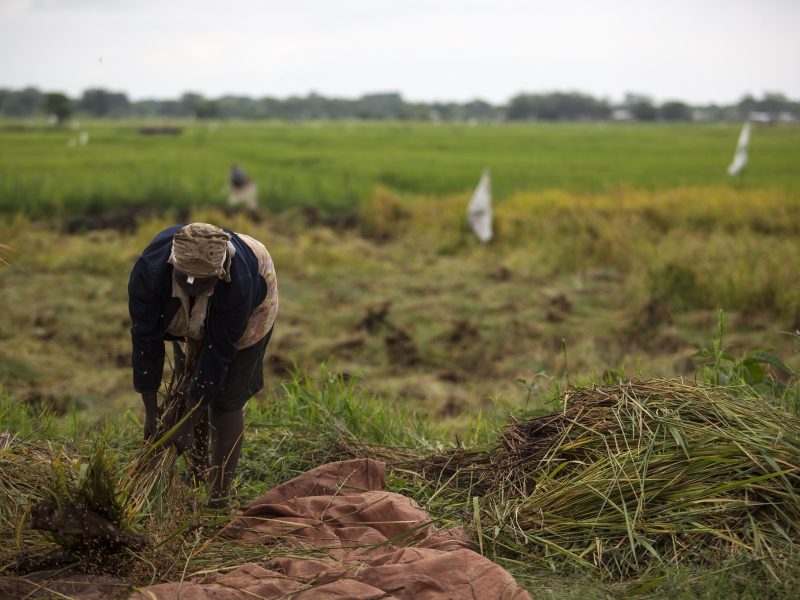
Climate-smart financing mechanism to sustain rice productivity in Tanzania
Small farmers produce 90% of the 2,2 million tons of rice cultivated in Tanzania each year on farms with an average size of 1,3 hectares. The Tanzanian government wants to double the area under rice cultivation and rice production by 2030.
Without sustainable and climate-smart rice cultivation practices, this will double greenhouse gas emissions (GHG). Clearing land for rice production will also lead to biodiversity loss and increased competition for water, especially during the short rainy seasons.
Smallholder farmers must be encouraged to adopt new, sustainable rice cultivation practices, but a lack of knowledge and limited financing prevent them from doing it. In addition, most financial institutions see small-scale farming as a risk and are reluctant to make investments in them.
Sustainable rice cultivation practices based on the Sustainable Rice Platform (SRP) Standard
Knowledge and skills about sustainable and resource-efficient farming practices based on the Sustainable Rice Platform (SRP) Standard will be shared with the public and private sector, farming organizations and financial institutions.
Sustainable agricultural practices reduce production costs and increase yields, minimizing payment loan default rates.
A climate-smart financing mechanism, co-developed with key stakeholders in the rice value chain, will be developed. This will be piloted with at least one financial institution that already has an active client base among small rice farmers in Mbeya region.
The results will be used to demonstrate to other financial institutions that it is worth investing in farmers who adopt sustainable agricultural practices.
The financing will incentivize farmers to adopt climate-smart and sustainable rice cultivation practices. They will also be able to buy equipment such as straw balers and rice husk compactors. This allows residues (straw and rice husks) to be packed and then sold instead of being burnt.
About 1,750 farmers will be given trainings based on the use of the SRP Standard in order to enable them to transition to sustainable farming practices. Adopting water-efficient management practices with good straw-management practices will lead to a potential reduction of 3,850 tons of greenhouse gas emissions. Within 10 years, 250,000 farmers will be expected to adopt sustainable rice cultivation practices which will reduce GHG emissions in the Tanzanian rice sector by 550,000 tons.
Want to know more about this project?




